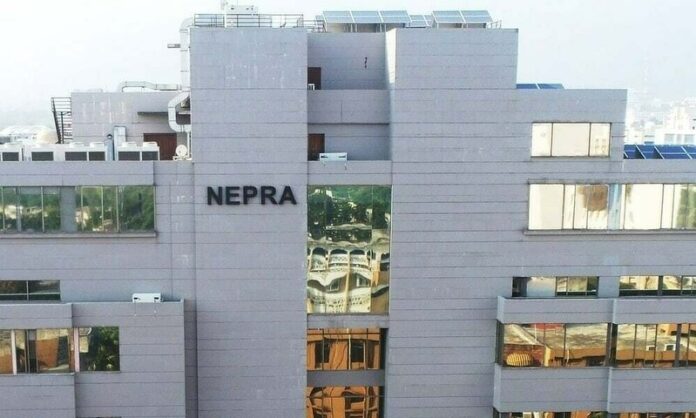- Power Division rules out plans to impose surcharge on electricity bills to cover cost of commercial loans
ISLAMABAD: The National Electric Power Regulatory Authority (NEPRA) has approved the federal government’s motion to implement a uniform consumer-end tariff for all power distribution companies (XWDISCOs) and K-Electric for the fiscal year 2025–26, effective July 1, 2025.
The decision follows a public hearing held on July 1, 2025, and is in accordance with Sections 7 and 31 of the NEPRA Act, 1997, read with Rule 17 of the Tariff Standards and Procedure Rules, 1998. The motion was submitted by the Ministry of Energy (Power Division), based on NEPRA’s earlier determinations issued on June 23, 2025.
NEPRA stated that the uniform tariff reflects the consolidated revenue requirements of all XWDISCOs and K-Electric, and incorporates targeted subsidies and inter-DISCO tariff rationalization, as envisioned under the National Electricity Policy, 2021.
The approved tariff includes a reduction of Rs1.14 per unit in the average base tariff, lowering it from Rs32.73/kWh in July 2024 to Rs31.59/kWh in July 2025. The Ministry of Energy attributed this reduction primarily to a Rs247 billion decrease in the overall revenue requirement for FY 2025–26 compared to the previous fiscal year. Of this, the Power Purchase Price (PPP) alone fell by Rs212 billion, while capacity charges also declined despite the inclusion of a Rs50 billion cost from the Jamshoro Coal Power Plant.
Out of the total revenue requirement of Rs3,520 billion for FY 2025–26, the federal government will cover Rs249 billion in the form of targeted subsidies. NEPRA emphasized that the motion is not intended to generate additional revenue for the government but rather to distribute existing costs more efficiently among DISCOs and ensure equitable treatment of consumers.
The approved tariff also includes a Prior Year Adjustment (PYA) of Rs58.68 billion, which will be passed on to consumers over a 12-month period. After one year, a revised tariff excluding the PYA will take effect.
During the public hearing, stakeholders from industry, trade associations, and the general public raised concerns about fixed charges, anomalies in bulk power consumer tariffs, peak-hour pricing, and proposed net metering reforms.
Industrial stakeholders criticized the existing billing methodology, which calculates fixed charges based on peak demand over the past five years, describing it as unfair for businesses that have downsized or temporarily closed operations. They also called for a Rs2 per unit discount for bulk consumers (B3 and B4 categories) who invest in their own infrastructure and thereby reduce the load on the DISCOs’ network.
NEPRA and the Ministry of Energy responded by defending the tariff structure, explaining that peak-hour pricing is necessary to manage demand and reflect marginal generation costs. On net metering, it was clarified that residential consumers with solar installations are currently compensated at the National Average Power Purchase Price (NAPPP). A study is underway to assess the financial implications and recommend reforms.
K-Electric’s uniform tariff will be aligned with its latest FY 2023–24 determination issued on May 27, 2025, instead of the quarterly rate applicable from January to March 2023. NEPRA has also corrected typographical errors found in the original determination documents issued on June 23, 2025.
The federal government has been directed to notify the uniform tariff decision, along with the revised Schedules of Tariff and Power Purchase Price forecasts for each XWDISCO, effective July 1, 2025. NEPRA underscored the importance of timely notification to prevent under- or over-recovery, which could necessitate future tariff adjustments.
The new tariffs will take effect once the federal government publishes the Schedule of Tariffs (SoT) in the official gazette. NEPRA has stressed the need for prompt implementation to avoid revenue shortfalls and the further accumulation of circular debt.




